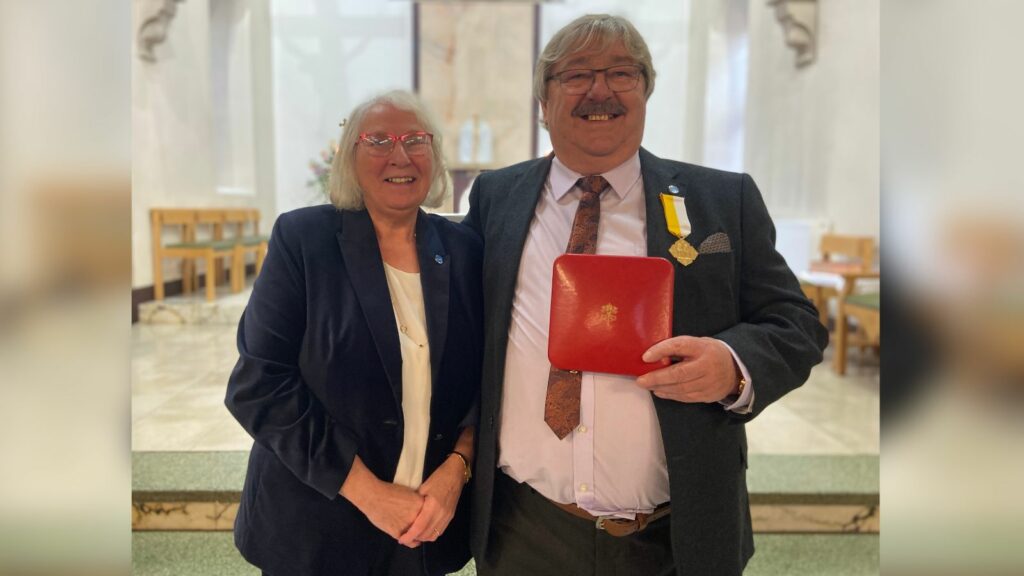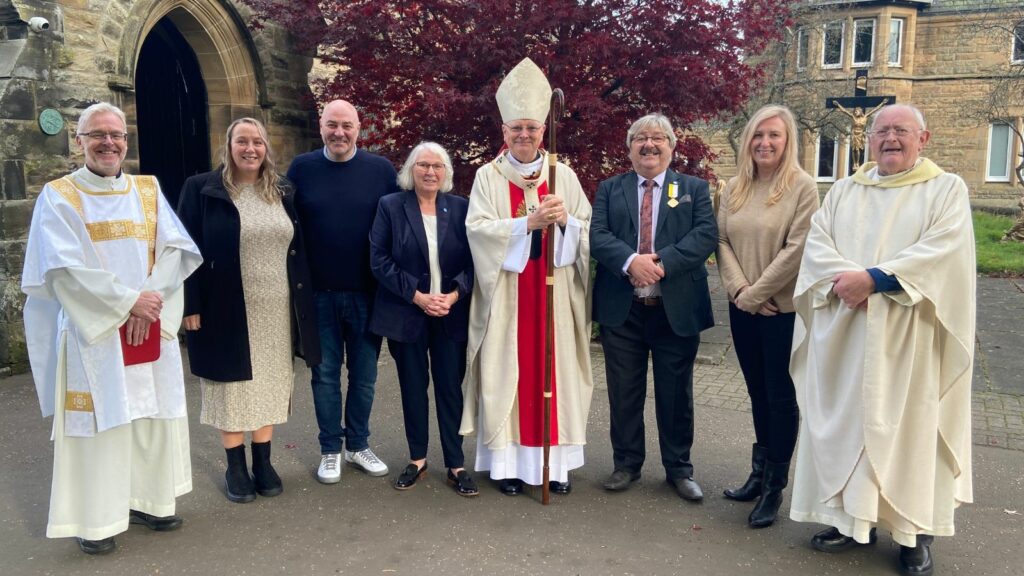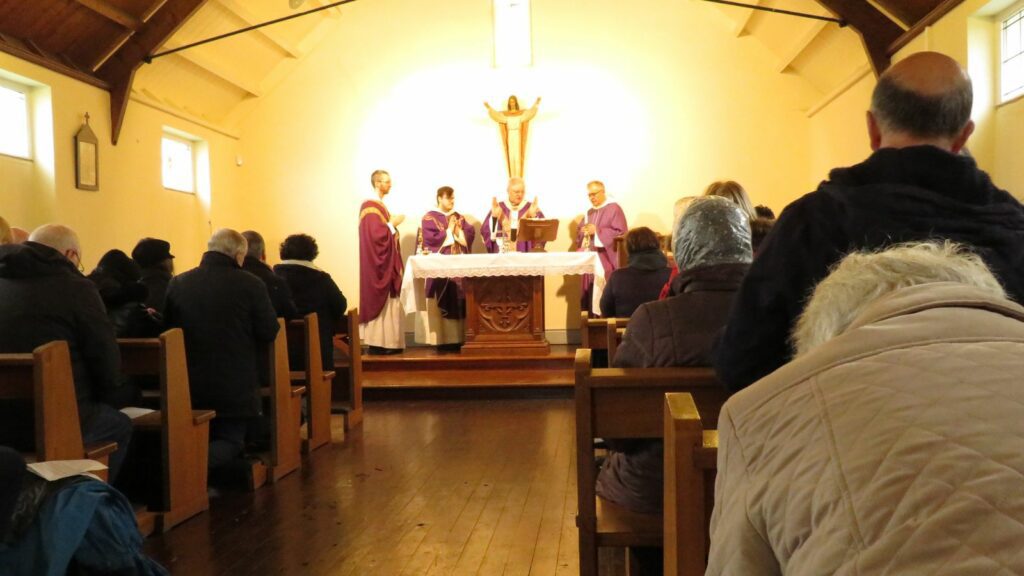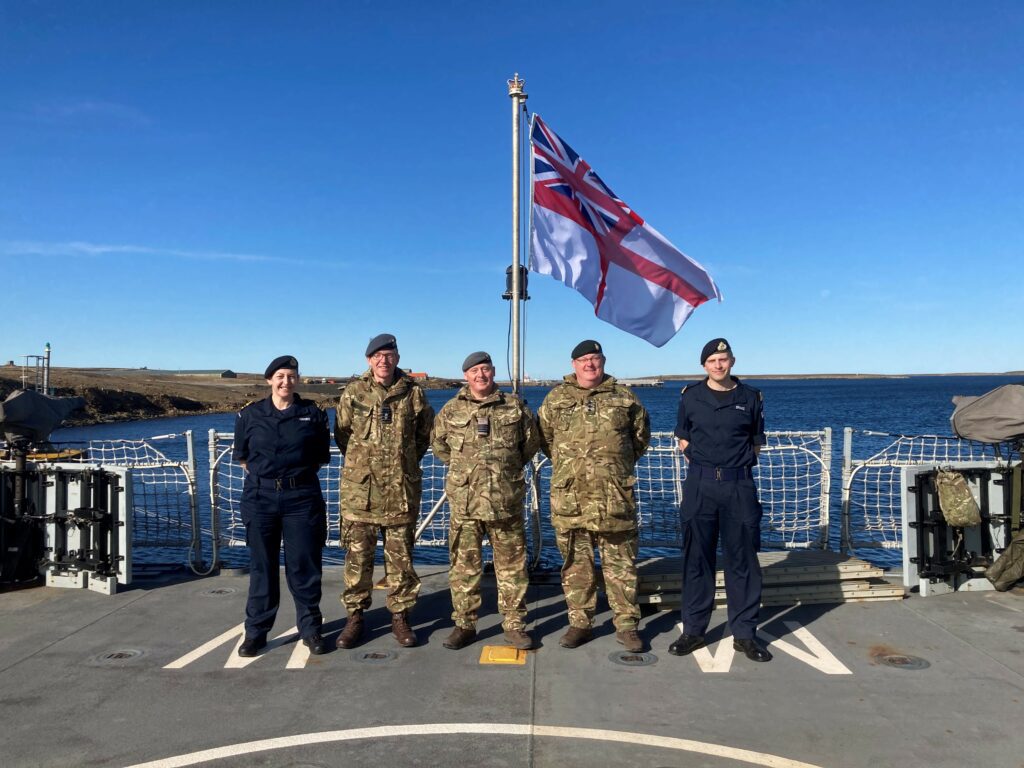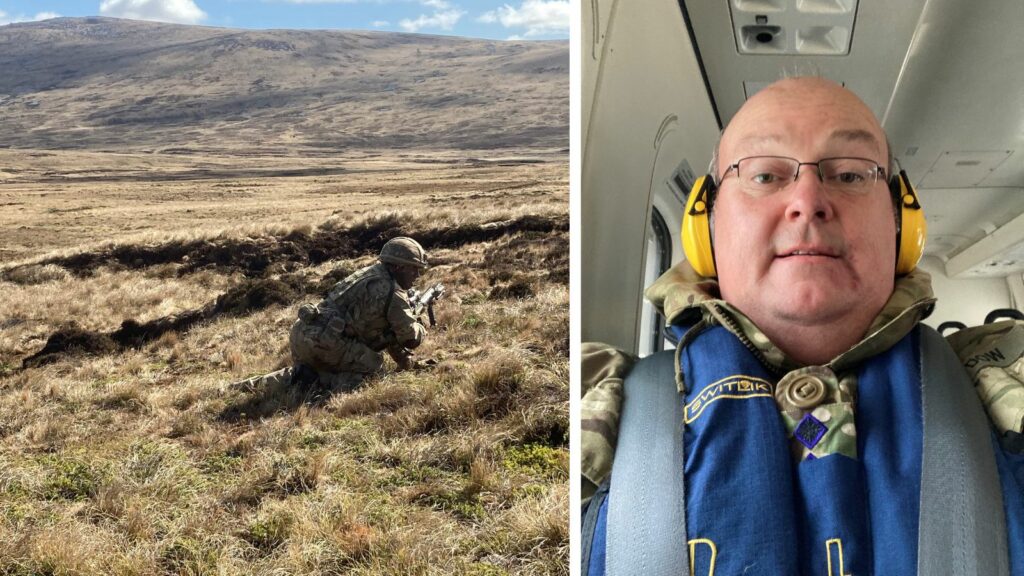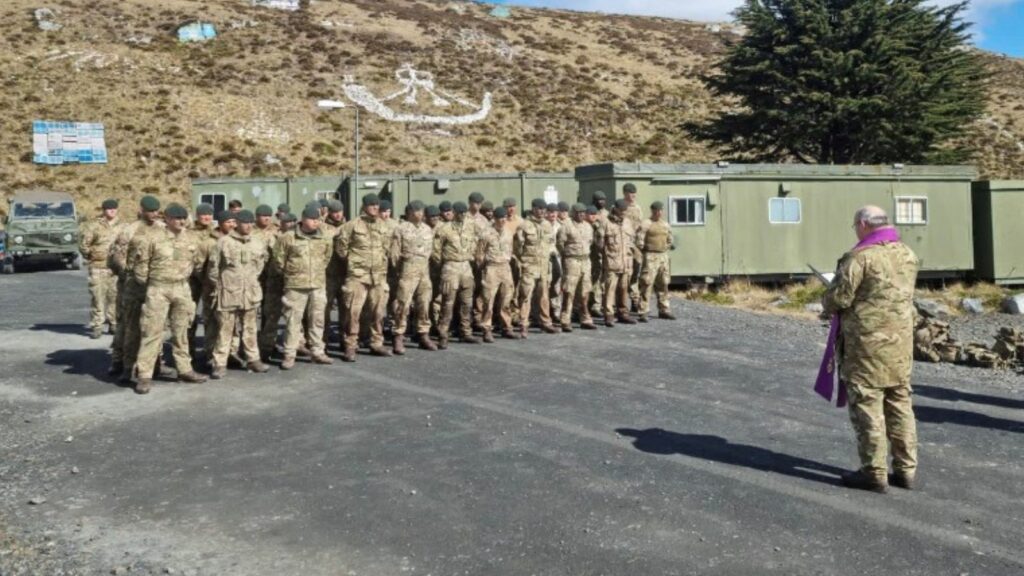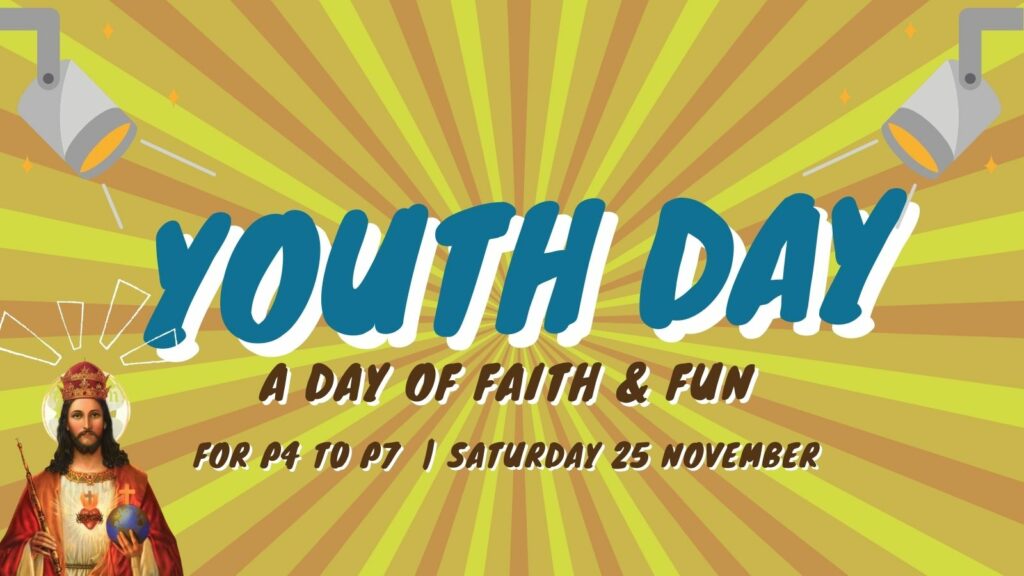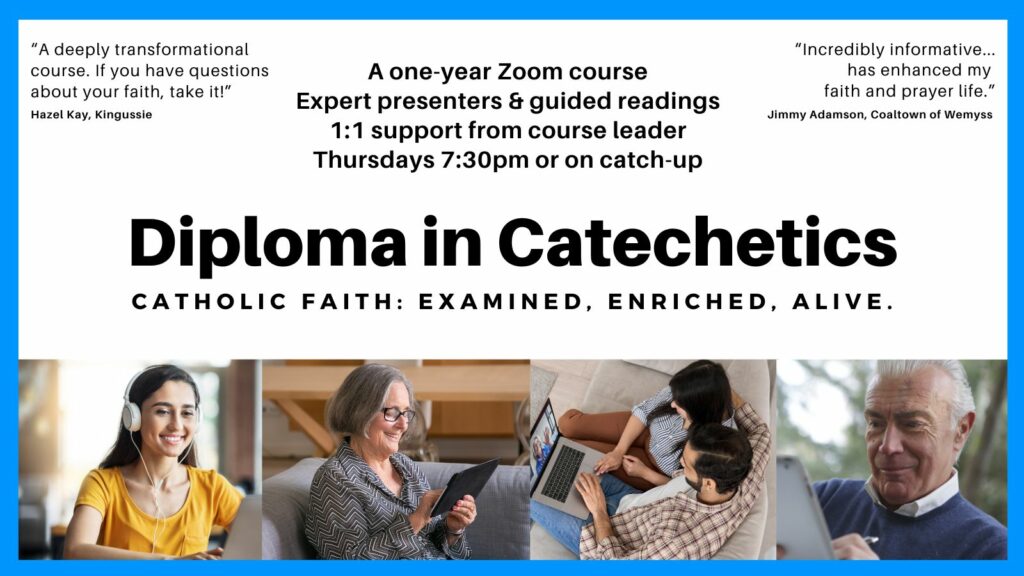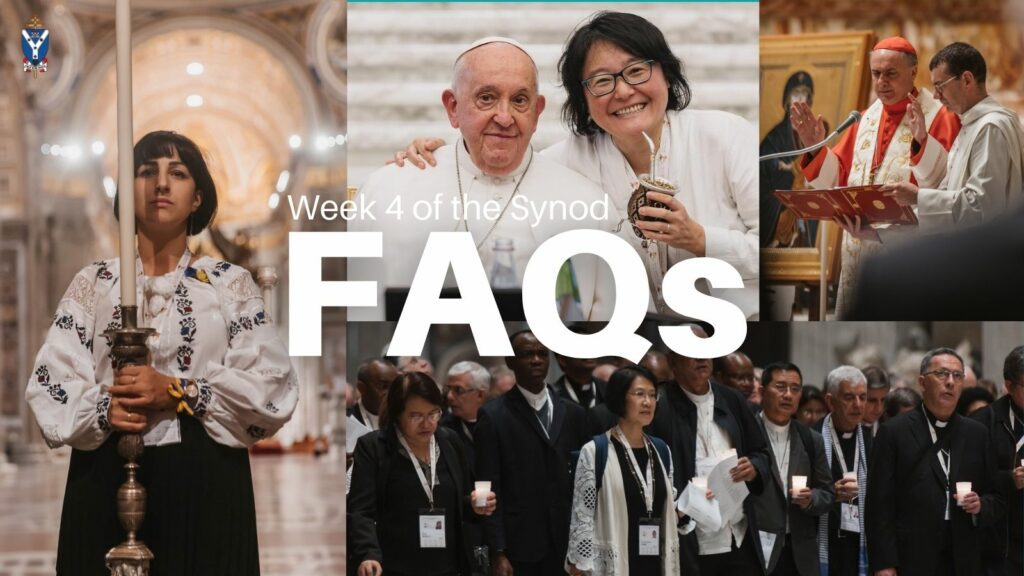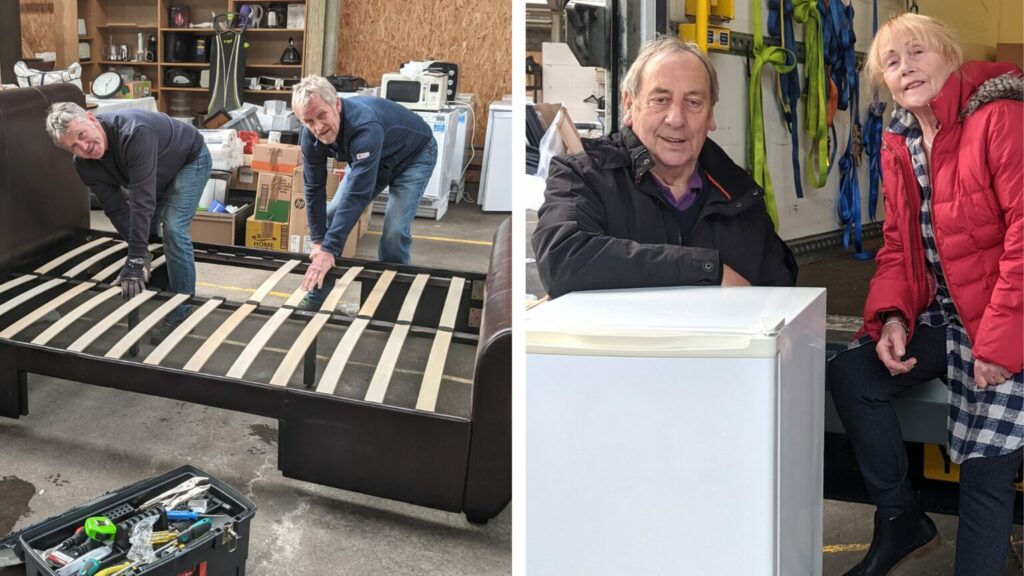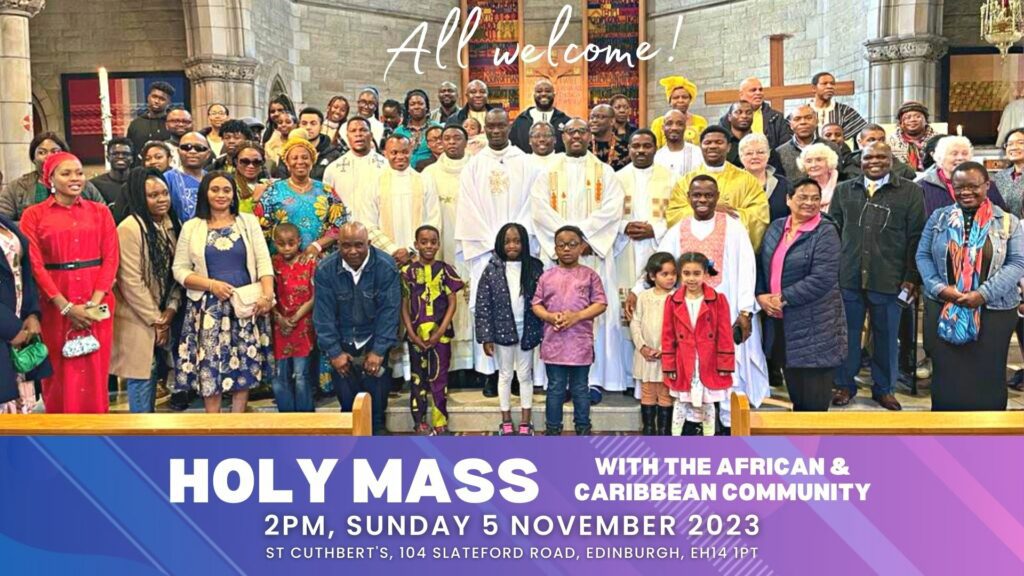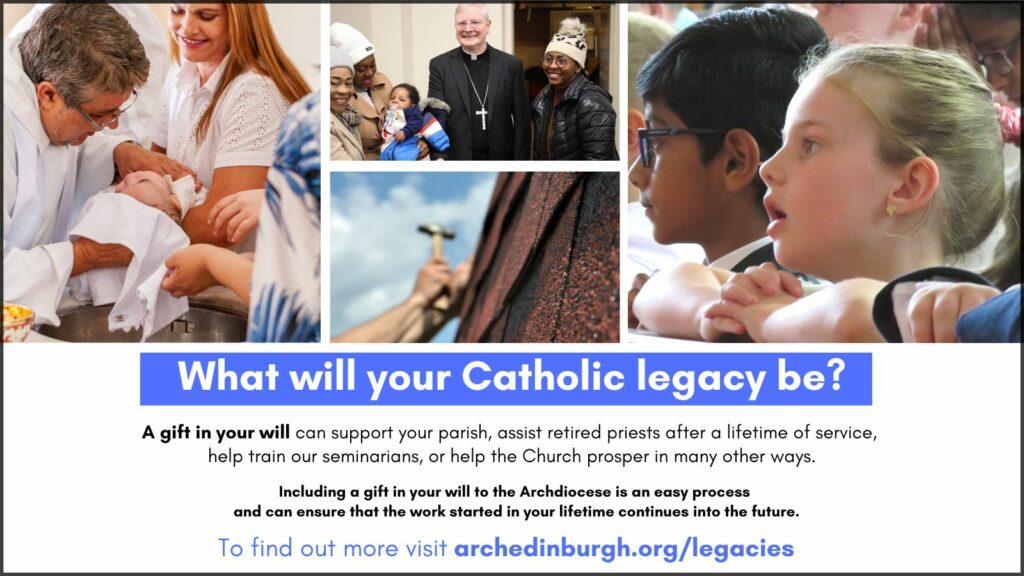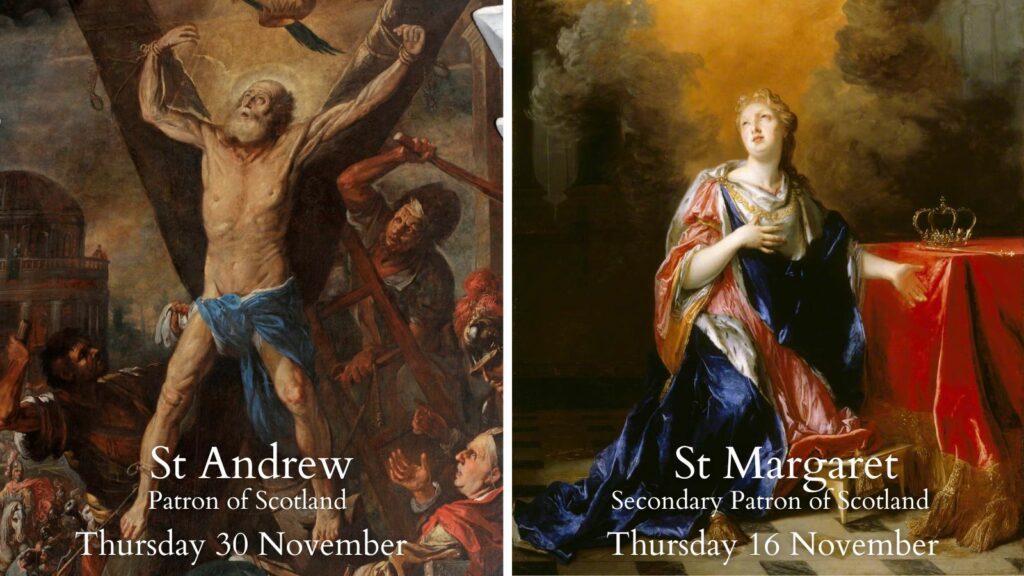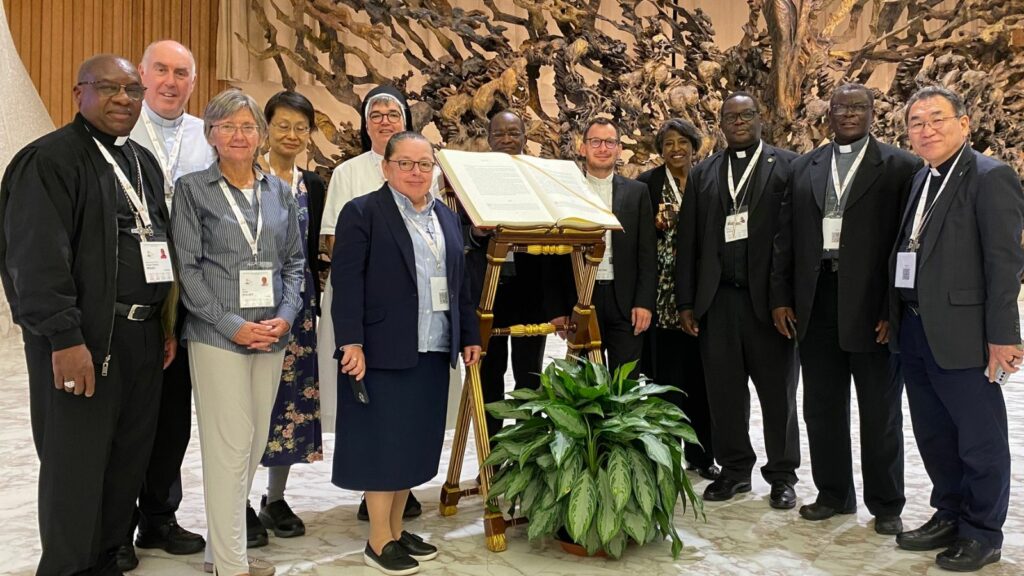In the Synthesis Report approved and published by the 16th General Assembly of the Synod on Synodality, there is a renewed look at the world and the Church, writes Vatican News.
After four weeks of work, which began on 4 October in the Paul VI Hall, the General Assembly concluded its first session on Saturday in the Vatican.
The 40-page document is the result of the work of the assembly over the last month. It is divided into a preface and three parts, tracing the path for the work to be done in the second session in 2024.
The following is a summary of the document by Vatican News. The document can be read here
Listening to all, beginning with victims of abuse
As in the Letter to the People of God, the synod assembly reaffirms an “openness to listening and accompanying all, including those who have suffered abuse and hurt in the Church”, which “addressing the structural conditions that abetted such abuse, remains before us, and requires concrete gestures of penitence”.
The face of a synodal Church
Synodality is a first step. It is a term that the participants in the Synod themselves admit is “a term unfamiliar to many members of the People of God, causing some people confusion and concern” (1 f), including fears of a departure from tradition, a debasement of the hierarchical nature of the Church (1 g), a loss of power or, on the contrary, immobility and a lack of courage for change. “Synodal” and “synodality” are instead terms that “speak of a mode of being Church that integrates communion, mission, and participation”. So they indicate a way of living the Church, valuing differences and developing the active involvement of all. This begins with deacons, priests, and bishops: “A synodal Church cannot do without their voices” (1 n), we read. “We need an understanding of the reasons for resistance to synodality by some of them”.

Mission
The document continues explaining that synodality goes hand in hand with mission. Hence, it is necessary that “Christian communities are to enter into solidarity with those of other religions, convictions and cultures, thus avoiding, on the one hand, the risk of self-referentiality and self-preservation, and on the other hand the risk of loss of identity” (2 e). In this new “pastoral style”, it would seem important to many to make “liturgical language more accessible to the faithful and more embodied in the diversity of cultures” (3 l).
The poor at the centre
Ample space in the Report is devoted to the poor, who ask the Church for “love”, understood as “respect, acceptance, and recognition” (4 a). “For the Church, the option for the poor and those at the margins is a theological category before being a cultural, sociological, political or philosophical category” (4 b), the document reiterates, identifying the poor not only as those who are materially impoverished, but also migrants; indigenous peoples; victims of violence and abuse (especially women), or racism and trafficking; people with addictions; minorities; abandoned elderly people; and exploited workers (4 c). Among “the most vulnerable of the vulnerable, on whose behalf constant advocacy is needed, [are] the unborn and their mothers”, the document continues. “The Assembly hears the cry of the ‘new poor’, produced by wars and terrorism that plague many countries on several continents, and the assembly condemns the corrupt political and economic systems that cause such strife”.
The most vulnerable of the vulnerable, for whom constant advocacy is needed, are the children in the womb and their mothers," reads the text of the Assembly, which says it is "aware of the cry of the 'new poor' produced by wars and terrorism also caused by 'corrupt political and economic systems'.
Commitment of believers in the field of politics and for the common good
In this sense, the Church is urged to be committed both to the “public denunciation of the injustices” perpetrated by individuals, governments, and companies; and to active engagement in politics, associations, trade unions, popular movements (4f and 4g). At the same time, the consolidated action of the Church in the fields of education, health, and social assistance, “without any discrimination or the exclusion of anyone”, must not be neglected (4 k).

Migrants
There is also a focus on migrants and refugees, “many of whom bear the wounds of uprooting, war and violence”. They “often become a source of renewal and enrichment for the communities that welcome them and an opportunity to establish direct links with geographically distant churches” (5 d). Faced with increasingly hostile attitudes towards them, the General Assembly says, “We are called to practice an open welcome, to accompany them in the construction of a new life and to build a true intercultural communion among peoples”. Fundamental in this sense is “respect for the liturgical traditions and religious practices of migrants” as well as respect for their own language. For example, a word like “mission”, in contexts where “the proclamation of the Gospel was associated with colonization, even genocide”, is laden with “painful historical memories” and “hinders communion today” (5 e). “Evangelising in these contexts requires acknowledging mistakes made, learning a new sensitivity to these issues”, the document states.
Combating racism and xenophobia
Equal commitment and care is required of the Church “to engage decisively in education, in the culture of dialogue and encounter, combating racism and xenophobia, especially through pastoral formation” (5 p). It is also urgent to identify “systems within the Church that create or maintain racial injustice” (5 q).
Eastern Churches
Remaining on the subject of migration, the Report looks to Eastern Europe and the recent conflicts that have caused the flow of numerous faithful from the Catholic East into territories with a Latin majority. It is necessary, the Assembly says, “for the local Latin-rite Churches, in the name of synodality, to help the Eastern faithful who have emigrated to preserve their identity and cultivate their specific heritage, without undergoing processes of assimilation is the request of the Fathers” (6c).

On the road to Christian unity
With regard to ecumenism, the Report speaks of a “spiritual renewal” that requires “processes of repentance and healing of the memory” (7c). It goes on to quote Pope Francis’ expression about an “ecumenism of the blood”; that is “Christians of different affiliations who give their lives for faith in Jesus Christ” (7d), and it mentions the proposal for an ecumenical martyrology (7o). The Report also reiterates that “collaboration among all Christians” is a resource “for healing the culture of hatred, division and war that pits groups, peoples and nations against each other”. It does not forget the issue of so-called mixed marriages, which are realities in which “it is possible to evangelize each other” (7 f).
Laity and families (Part II)
“Laymen and laywomen, those in consecrated life, and ordained ministers have equal dignity” (8b): this conviction is forcefully reiterated in the Synthesis Report, which recalls how the lay faithful are “increasingly present and active in service within Christian communities” (8e). Educators in the faith, theologians, formators, spiritual animators, and catechists, active in safeguarding and administration: their contributions are “indispensable to the mission of the Church” (8 e). The different charisms must therefore be “called forth, recognized and fully appreciated” (8 f), and not be ignored, underutilized, or “clericalised” (8 f).

Women in the life and mission of the Church
There is, then, a call for a strong commitment on the part of the Church to accompany and understand women in all aspects of their lives, including pastoral and sacramental ones. Women, it says, “cry out for justice in societies still marked by sexual violence, economic inequality and the tendency to treat them as objects” (9 c), adding “Pastoral accompaniment and vigorous advocacy for women should go hand in hand”.
Clericalism
Many women present at the Synod “expressed deep gratitude for the work of priests and bishops”, but “also spoke of a Church that wounds" (9 f). “Clericalism, a chauvinist mentality, and inappropriate expressions of authority continue to scar the face of the Church and damage its communion”. A “profound spiritual conversion is needed as the foundation for any effective structural change”; and the General Assembly noted that “we desire to promote a Church in which men and women dialogue together… without subordination, exclusion, and competition” (9h).

Opening the diaconate to women?
Various opinions on opening the diaconate to women were acknowledged (9 j): for some, it is “unacceptable because they consider it a discontinuity with Tradition”; for others, it would restore a practice of the early Church; still others see it as “an appropriate and necessary response to the signs of the times … that would find an echo in the hearts of many who seek new energy and vitality in the Church”. Then there are those who are concerned that opening the diaconate to women would involve “a worrying anthropological confusion, which, if granted, would marry the Church to the spirit of the age”. Fathers and mothers of the Synod ask to continue “Theological and pastoral research on the access of women to the diaconate”, making use of the results of the commissions specially set up by the Pope, as well as the theological, historical and exegetical research already carried out: “If possible”, they say, “the results of this research should be presented at the next Session of the Assembly” (9 n).
Discrimination and abuse
In the meantime, the urgency of ensuring “that women can participate in decision-making processes and assume roles of responsibility in pastoral care and ministry” is reiterated, noting that canon law should be adapted accordingly (9m). Cases of employment discrimination and unfair remuneration must also be addressed, including those in the Church where consecrated women are often considered “cheap labour” (9 o). Similarly, women’s access to theological education and training programmes must be expanded (9 p), including promoting the use of inclusive language in liturgical texts and Church documents (9 q).
Consecrated Life
Looking at the richness and variety of the different forms of consecrated life, the Report warns against the “persistence of an authoritarian style, which makes no room for dialogue”. The Report notes, too, that “cases of abuse of various kinds experienced by those in religious life and members of lay associations, especially of women, signal a problem in the exercise of authority and demand decisive and appropriate interventions” (10 d).

Deacons and formation
The Assembly then expresses gratitude to ordained ministers, who are “called to live their service to the People of God in a disposition of proximity to people, welcoming and listening to all, while cultivating a deep personal spirituality and a life of prayer” (11b). The Report warns against clericalism, a “distortion of the priestly vocation” that “needs to be challenged from the earliest stages of formation” by ensuring “close contact” with the people and those in need (11 c). The request is also expressed, along these lines, that seminaries or other courses of formation of candidates for the ministry be linked to the daily life of communities (11 e), in order“to avoid the risks of formalism and ideology that lead to authoritarian attitudes, and impede genuine vocational growth”.
Celibacy
Mention was made of the theme of celibacy, which received different evaluations during the assembly.” Its value is appreciated by all as richly prophetic and a profound witness to Christ”; the Report says, while noting that some ask “whether its appropriateness, theologically, for priestly ministry should necessarily translate into a disciplinary obligation in the Latin Church, above all in ecclesial and cultural contexts that make it more difficult. This discussion is not new but requires further consideration”.
Bishops
There is ample reflection on the figure and role of the bishop, who is called to be “an example of synodality” (12 c) by exercising “co-responsibility”, understood as the involvement of other actors within the diocese and the clergy, so as to lighten the burden of “administrative and legal commitments” which can hinder his mission (12 e). Coupled with this, the bishop does not always find the human and spiritual support he needs, while “a certain sense of loneliness is not uncommon” (12 e).

Abuses
On the question of abuse, which “places many bishops in the difficult situation of having to reconcile the role of father with that of judge” (12 i), the Report supports the exploration of the “appropriateness of assigning the judicial task to another body, to be specified canonically” (12 i).
Formation (Part III)
A “synodal approach” is then requested for formation, with the recommendation that work be undertaken “on relationship and sexual education, to accompany young people as they mature in their personal and sexual identities and to support the maturation of those called to celibacy and consecrated chastity” (14 g). The Report emphasizes the importance of deepening “the dialogue between the human sciences” (14 h) so as to enable “careful consideration of matters that are controversial within the Church” (15 b) – that is, among other issues, matters “such as those relating to matters of identity and sexuality, the end of life, complicated marital situations, and ethical issues related to artificial intelligence”. Issues such as these are controversial precisely “because they pose new questions” in society and in the Church (15 g). “It is important to take the time required for this reflection and to invest our best energies in it, without giving in to simplistic judgments that hurt individuals and the Body of the Church”, the Report says, while recalling that “Church teaching already provides a sense of direction on many of these matters, but this teaching evidently still requires translation into pastoral practice”.
Listening
With the same concern, the Report renews the invitation to hear and accompany “people who feel marginalized or excluded from the Church because of their marriage status, identity or sexuality”. “There was a deep sense of love, mercy and compassion felt in the Assembly for those who are or feel hurt or neglected by the Church, who want a place to call ‘home’ where they can feel safe, be heard and respected, without fear of feeling judged”, the document says, while insisting that “Christians must always show respect for the dignity of every person” (16 h).
Polygamy
In light of the experiences reported in the Synod hall by some members of the Synod from Africa, SECAM (Symposium of Episcopal Conferences of Africa and Madagascar) is encouraged to promote “a theological and pastoral discernment” on the topic of polygamy and the accompaniment of people in polygamous unions who are coming to faith” (16 q)
Digital culture
Finally, the Synthesis Report speaks of the digital environment: “It is up to us to reach today's culture in all spaces where people seek meaning and love, including the spaces they enter through their cell phones and tablets” (17 c), bearing in mind that the internet “can also cause harm and injury, such as through intimidation, disinformation, sexual exploitation, and addiction”. The Report adds, “There is an urgent need to consider how the Christian community can support families in ensuring that the online space is not only safe but also spiritually life-giving” (17 f).
